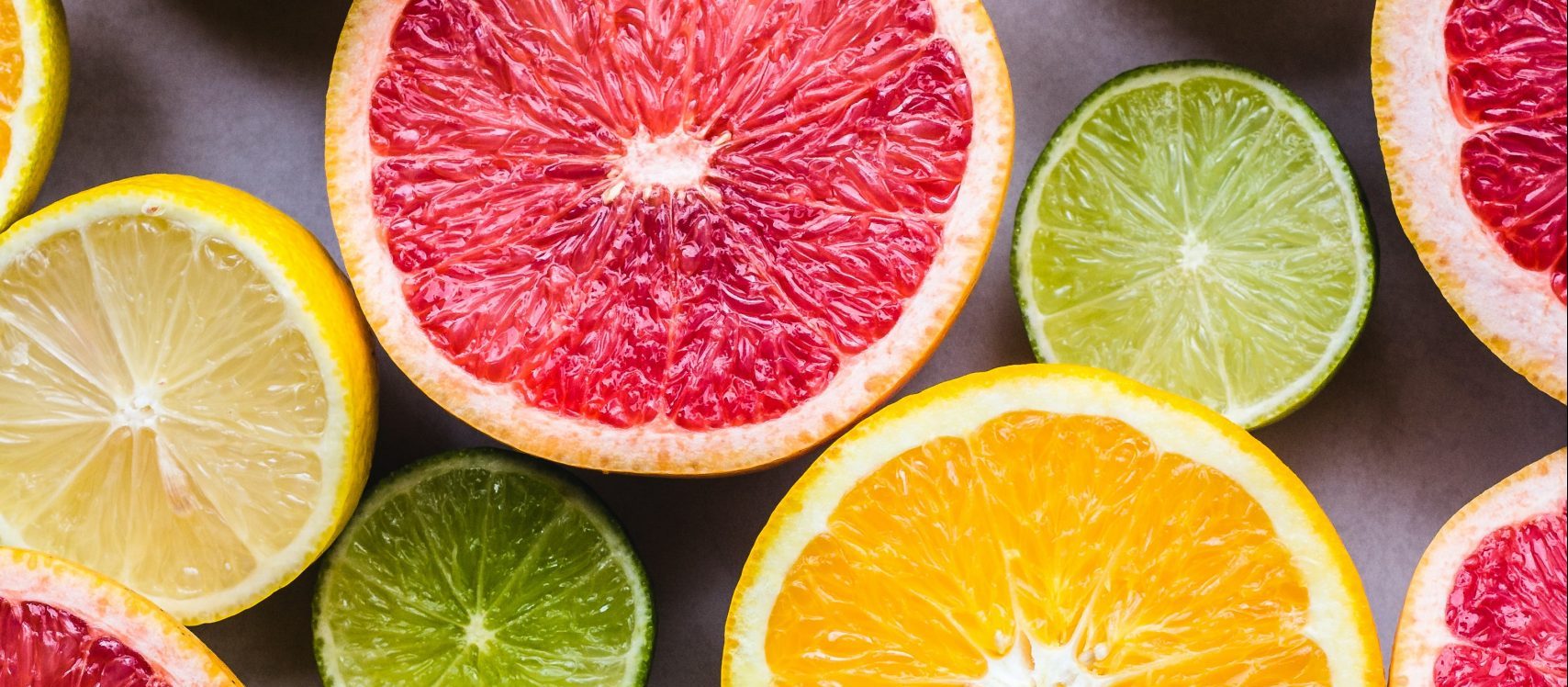Vitamin C

Health Benefits of Vitamin C
Basically, this vitamin is useful in any kind of stressful situation. For example, in people who have an illness, people who are going to have surgery, smokers, people who do sport.
Vitamin C plays a key role in strengthening the immune system. It has antibacterial and antiviral effects and is one of the body’s main antioxidants.
Free radicals trigger a constant process of endogenous oxidation, and antioxidants help to trap these radicals.
Vitamin C is known as an anti-stress vitamin and is crucial in the production and regeneration of hormones and neurotransmitters of the adrenal gland such as cortisol or adrenaline.
The recommended daily dose of vitamin C is calculated to prevent scurvy, the terrible sailor’s disease that causes sufferers to lose all their teeth (because vitamin C is involved in the formation of collagen, the structural protein of the skin). It is indispensable in tissue formation and should be taken immediately in the event of any wound-healing disorder or if signs of infection, such as bleeding gums, appear.
The role of vitamin C in periodontitis has been investigated and, in fact, continuing evidence establishes an association between vitamin C deficiency and periodontal disease.
Since smokers consume a large amount of vitamin C in the metabolism of tobacco toxins, it is a possible mechanism for their increased risk of periodontal disease.
You can find vitamin C in supermarkets or pharmacies (depending on the country) in the form of pure ascorbic acid. Because this form is very acidic and incompatible with teeth and stomach lining, I recommend taking a buffered version.
~The Ester-C version is superior in absorption, less irritating and easier to digest, pH neutral and non-acidic.
Pure sodium ascorbate, a mineral salt of ascorbic acid, can also be recommended as a buffered version in powder form.
Foods Rich in Vitamin C
It is almost impossible to get all the vitamin C needed to fight colds, boost the immune system and help the adrenal glands just by eating the right foods, so supplementation is very important.
A simple health trick: if your lips get dry, you start licking them and they dry out even more and open up: increase vitamin C. Simple but effective.
Black currants – 1 cup: 203 mg
Red pepper – 1 cup: 190 mg
Kiwi – 1 cup: 164 mg
Guava – 1 fruit: 126 mg
Green pepper – 1 cup: 120 mg
Orange – 1 large: 98 mg
Strawberries – 1 cup: 89 mg
Papaya – 1 cup: 87 mg
Broccoli – 1 cup, raw: 81 mg
Kale – 1 cup, raw: 80 mg
Parsley – 1 cup: 80 mg
Pineapple – 1 cup: 79 mg
Brussels sprouts – 1/2 cup: 48 mg
Cauliflower – 1 cup, raw: 46 mg
Mango – 1 cup: 46 mg
Lemon – 1 fruit: 45 mg
Grapefruit – 1/2 fruit: 38 mg
Peas – 1 cup, cooked: 23 mg
Tomatoes – 1 cup, raw: 23 mg
